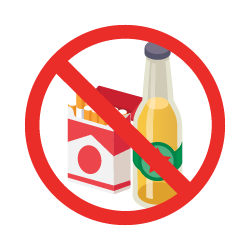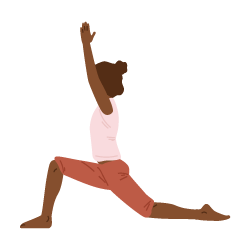Healthy Living
Nine Factors That Shape Bone Density
Understanding the factors influencing bone density is crucial for maintaining strong and healthy bones throughout life. Bone density refers to the amount of bone mineral in bone tissue, and it plays a significant role in determining bone strength. Several elements impact bone density, from age and genetics to lifestyle habits like diet and physical activity.
 1. Age As we age, our bone mass decreases, especially after the age of 30. This is a natural process but can lead to conditions like osteoporosis if not managed properly. |
 2. Nutrition Consuming a diet rich in calcium, vitamin D and K is essential for bone health. Foods like dairy products, leafy greens and fish are great sources of these nutrients. |
 3. Exercise Weight-bearing and strength training exercises can help increase bone formation during bone growth and protect bone health in older adults. |
 4. Protein Intake Getting enough protein is important for healthy bones. In fact, about 50% of bone is made of protein. |
 5. Hormonal Levels Hormones like estrogen in women and testosterone in men play a crucial role in maintaining bone density. Hormonal imbalances can lead to decreased bone density. |
 6. Alcohol and Tobacco Use Excessive alcohol and tobacco use can decrease bone density and increase the risk of fractures. |
 7. Medication Certain medications, like corticosteroids, can lead to bone loss if used for a long time or in high doses. |
 8. Family History If your family has a history of osteoporosis or fractures, you may be at a higher risk of developing these conditions. |
 9. Lifestyle Your daily habits and lifestyle choices can significantly affect your bone health. Regular physical activity, particularly weight-bearing and muscle-strengthening exercises, can help maintain or improve bone density. Conversely, a sedentary lifestyle can contribute to bone loss and osteoporosis. |
The journey to maintaining strong bones doesn't have to be overwhelming. Being aware of the factors above can guide you in making decisions that bolster your bone health and ward off conditions like osteoporosis. If you're noticing signs of bone health issues, such as frequent fractures or back pain, don't hesitate to consult with a healthcare professional. Your bones support you every day, it's time to return the favor.
Sources:
National Institutes of Health
American Academy of Orthopaedic Surgeons
Medical News Today
Healthline

